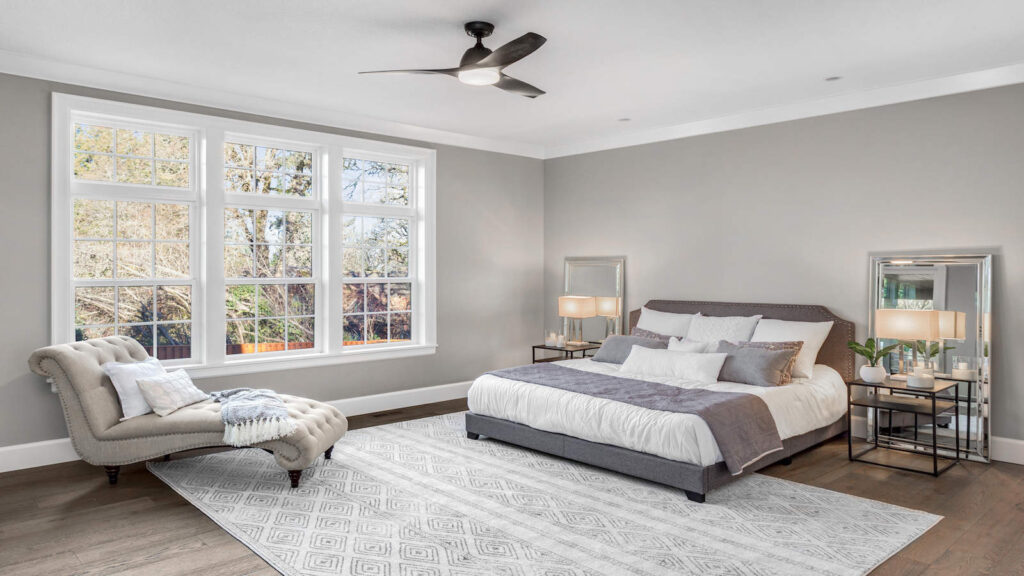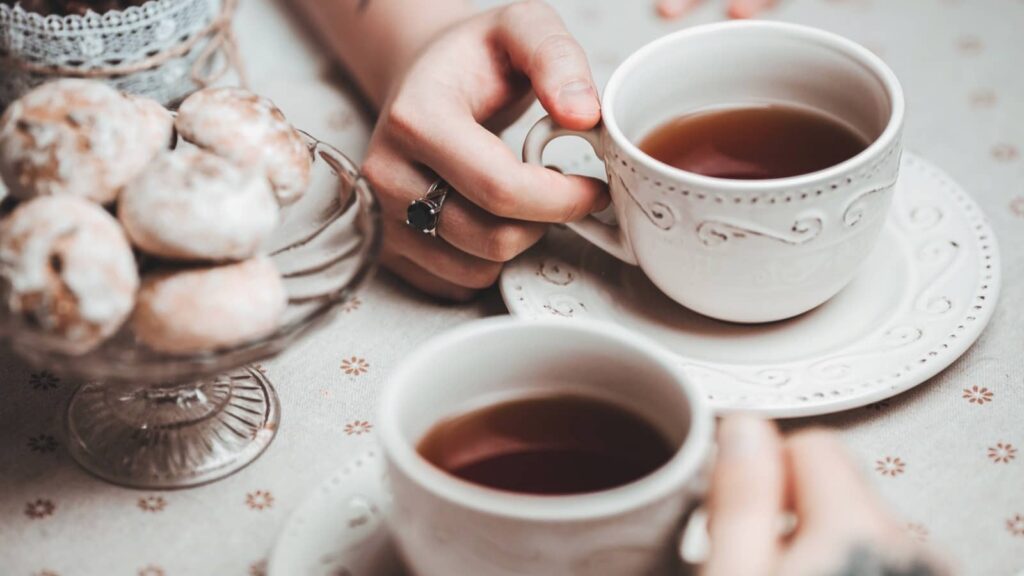10 Things British People Do Without Realising They’re Completely Baffling To Everyone Else
10 Things British People Do Without Realising They’re Completely Baffling To Everyone Else

If you’ve ever spent time in Britain or chatted with a Brit, you might have noticed some quirky habits that seem totally normal on this side of the pond but might leave others scratching their heads. From casual terms of endearment to an unshakeable commitment to queueing, British quirks can be wonderfully bewildering. Here’s a lighthearted look at ten everyday British behaviors that might baffle anyone not from around here.
1. Calling strangers “love,” “mate,” or “pet” in shops

Ever walked into a shop in Britain and been greeted with a hearty “Alright, love?” or “Can I help you, pet?” It’s not flirtation—it’s just friendly chatter! In many parts of the UK, terms like “love,” “mate,” and “pet” are sprinkled throughout conversations like seasoning, regardless of how well people know each other. This friendly jargon might confuse visitors who aren’t used to being addressed so familiarly by a stranger, but it’s all part of the casual, communal feel that Brits cherish.
2. Apologising to furniture when they bump into it

Yes, you heard that right. It’s not uncommon to hear someone in a British home mutter a quick “sorry” after accidentally bumping into a chair or table. While it might sound a bit odd, this habit is rooted in the British reflex to apologize often, possibly reflecting a deep-seated desire to avoid conflict and smooth over any social ripples—even with inanimate objects!
3. Queuing without being told to queue

Brits have turned queueing into an art form. Whether at a bus stop, in front of a cafe, or waiting for the till, standing in line patiently is practically a national sport. Visitors often marvel at how orderly and calm queues are, and how automatically everyone lines up. It’s a silent testament to the British love for fairness and proper order.
4. Saying “you alright?” as a greeting, not a question

If someone in Britain greets you with “You alright?” don’t rush to reassure them that you’re fine. It’s just a casual way of saying hello, not an inquiry into your well-being. The expected response is usually as simple as “Yeah, you?” It’s one of those things that keeps conversations light and breezy.
5. Saying “cheers” instead of “thank you”

“Cheers” might be synonymous with clinking glasses before a drink, but in the UK, it’s also a common way to express thanks. Easy and informal, “cheers” can be used in anything from shops and buses to thanking someone for holding a door. It’s just another quirk that highlights the British penchant for casual, friendly interactions.
6. Watching the same Christmas films every single year like it’s tradition

From “Love Actually” to “The Holiday,” watching the same Christmas movies year after year is almost a ritual in many British households. These films, filled with festive cheer and a sprinkling of British humor, become like old friends, revisited each season. It’s a comforting tradition that celebrates familiarity and nostalgia during the holiday season.
7. Adding “…if that’s okay” to things they’re 100% allowed to do

You might notice that Brits often add “if that’s okay” to requests, even when they’re well within their rights to ask for something. This tagline isn’t really about seeking permission; it’s more about being polite and not assuming too much. It softens requests and ensures that the social atmosphere stays smooth and agreeable.
8. Putting tea on as an emotional response to everything

Had a shock? Put the kettle on. Long day? Tea time. In Britain, tea is more than just a beverage; it’s a ritualistic response to life’s ups and downs. Offering a cup of tea is a universal remedy for almost any situation—a warm, comforting constant in the face of life’s uncertainties.
9. Standing quietly next to someone at the bus stop for 12 minutes and not speaking

In many cultures, a few minutes next to someone in a public space might invite small talk. Not so much in Britain. Here, it’s perfectly normal to stand in close proximity to another person at the bus stop and not utter a single word. It’s not rudeness; it’s just respecting each other’s space and enjoying a moment of quiet.
10. Using weather as a legitimate topic of conversation every single day

Talk about the weather isn’t just small talk in the UK; it’s a staple of everyday conversation. With the weather being as unpredictable as it is, it’s always a relevant, safe topic that everyone has an opinion on. Whether it’s “bit nippy today, isn’t it?” or “lovely sunshine we’re having!” discussing the weather is a tried and true way to break the ice.
We are Mary and Eric, the founders of Be Right Back, a blog dedicated to romance around the globe and at home.
We are Mary and Eric, the founders of Be Right Back, a blog dedicated to romance around the globe and at home. With over 10 years of experience in dating and traveling to romantic places, we share our favorite date ideas and romantic destinations to help couples level up their relationships. Having lived in and traveled through the USA, we also share our favourite things to do in the States.
With 70,000 monthly readers and 16,000 followers on social media, Be Right Back is your go-to resource for romantic trip ideas and couple activities at home and abroad.
